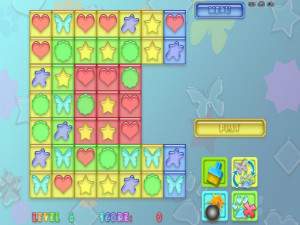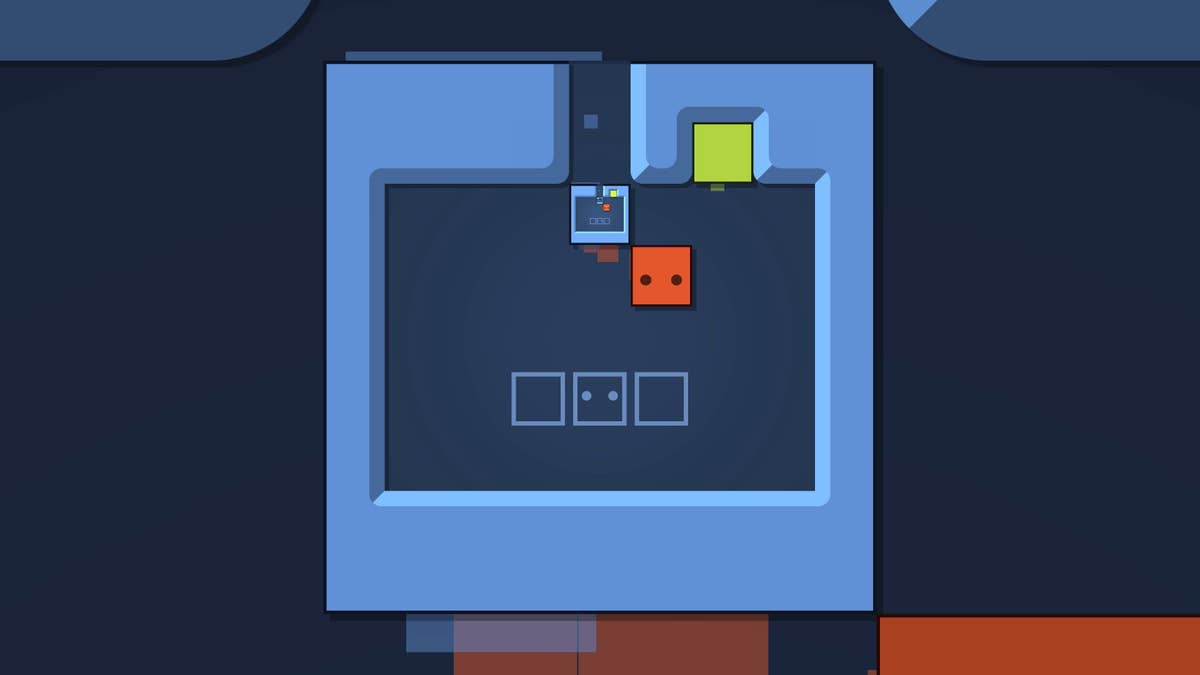Unlock New Challenges with Amazing Multiplayer Puzzle Games for Free This Year
Unlock New Challenges with Amazing Multiplayer Puzzle Games for Free This Year
Blog Article
Examination Your Strategic Abilities in the Many Engaging Multiplayer Games
In the ever-evolving landscape of multiplayer video gaming, calculated skills are the cornerstone of success, offering gamers a chance to showcase their tactical prowess across different categories. From the high-stakes strength of real-time method showdowns to the precise planning needed in turn-based tactical fights, each video game provides a distinct difficulty that tests the limits of critical reasoning. As players involve in team-based competitions or cooperative experiences, the need of fast decision-making and collaboration comes to be apparent. Yet what truly sets these video games apart, and how do they press your tactical abilities past conventional restrictions? The answers wait for expedition.
Real-Time Strategy Showdowns
Real-time technique (RTS) face-offs have long been a cornerstone of engaging multiplayer gaming, captivating players with their blend of tactical depth and fast-paced decision-making. These video games need gamers to manage sources, build militaries, and develop intricate techniques in real-time, typically against similarly skilled opponents. The continuous pressure to adapt and defeat challengers in a vibrant setting is what sets RTS games apart, making them a preferred among affordable gamers.
One of the defining features of RTS face-offs is the focus on multitasking and resource monitoring. Gamers should allocate their interest throughout numerous jobs, such as collecting resources, creating buildings, and releasing systems tactically throughout the combat zone. This requires fast reflexes and an intense ability to prioritize actions, usually causing extreme, adrenaline-fueled matches.
Significant RTS video games such as "StarCraft II," "Age of Empires," and "Command & Conquer" have left enduring marks on the genre, supplying diverse gameplay mechanics and richly thorough globes. Multiplayer puzzle games for free. These titles have actually grown affordable scenes and devoted neighborhoods, where gamers develop their abilities, study methods, and involve in high-stakes competitions. The attraction of RTS face-offs lies in their ability to challenge gamers' tactical acumen and reflexive expertise in equal step
Turn-Based Tactical Fights
Turn-based tactical fights mesmerize players with their methodical approach to technique, contrasting the mad speed of real-time engagements. These video games supply players the chance to deliberate over each action, cultivating a chess-like setting where foresight and careful preparation are critical. Gamers have to expect their challengers' actions, adapt to progressing circumstances, and execute well-thought-out methods to secure success. This category highlights the value of tactical depth, rewarding those that can believe multiple steps ahead.
Rivals engage in elaborate mind video games, anticipating and responding to each other's approaches with accuracy. Popular video games like "XCOM 2" and "World VI" exhibit this gameplay, urging players to take into consideration every possible variable prior to dedicating to a training course of action.
Moreover, turn-based tactical battles often integrate varied devices and abilities, adding layers of complexity to each match. Gamers must stabilize offending maneuvers with protective tactics, manage sources carefully, and maximize the possibility of their pressures. This category's long-lasting appeal hinges on its capability to challenge players' strategic acumen in a controlled, deliberate setting.
Cooperative Strategy Experiences
Beyond the cerebral duels of turn-based tactical fights lies the world of participating technique experiences, where synergy and collaboration take center phase. These video games need gamers to interact towards usual purposes, leveraging each player's special skills and staminas to get rid of difficulties. The focus changes from private expertise to collective problem-solving, making communication and control essential elements of success (Multiplayer puzzle games for free). Titles such as "Overcooked" and "Deep Rock Galactic" exhibit this genre, highlighting the requirement for players to integrate their strategies and actions.

The allure of cooperative technique experiences depends on their capacity to strengthen social skills while offering a interesting and difficult gameplay experience. These video games cultivate a feeling of unity and common function, offering players a satisfying choice to conventional affordable video gaming landscapes.
Competitive Team-Based Difficulties
Affordable team-based difficulties provide a vibrant field where gamers pit their abilities versus opposing teams, stressing both specific talent and smooth group control. These video games call for individuals to stabilize personal expertise with strategic cooperation, fostering a distinct setting where team effort is extremely important. Success in such settings commonly rests on the capacity to interact properly, implement tactical methods, and adapt swiftly to unraveling circumstances.
The compelling nature of these obstacles appears in the varied variety of video games that offer team-based competitors. Titles like "Organization of Legends," "Overwatch," and "Counter-Strike: Global Offensive" go to the leading edge, each giving distinct gameplay technicians that require cohesion and tactical acumen. In these fields, the team's performance is as critical as the specific contributions of its participants, making every duty significant to the total outcome.
Furthermore, competitive team-based games cultivate a sense of camaraderie and shared accomplishment. Gamers have to learn to trust fund and rely upon each various other, forging bonds that boost the gaming experience. The pressure of encountering powerful opponents additionally escalates the excitement, making certain that participants are continuously challenged to elevate their tactical thinking and gameplay implementation.
Mind-Bending Puzzle Battles
While competitive team-based obstacles stress partnership and technique, mind-bending challenge fights supply a various kind of intellectual involvement, concentrating on specific problem-solving and cognitive expertise. These games test the restrictions of why not try these out analytical reasoning and creative thinking, needing players to navigate intricate circumstances and solve complex puzzles. Unlike team-based games, the focus here gets on personal success and imagination, frequently under Read Full Report the pressure of time constraints or escalating problem levels.
One of the most intriguing aspects of problem conflicts is their ability to boost cognitive features. Gamers should exercise spatial reasoning, logical reduction, and pattern recognition. Titles such as "The Witness" and "Portal 2" act as ultimate instances, testing gamers with multidimensional challenges that require deep focus and ingenious techniques. These games not only captivate yet additionally improve important thinking skills and cognitive adaptability.
Furthermore, multiplayer challenge video games present an one-upmanship by allowing gamers to pit their problem-solving skills versus others. Games like "Maintain Talking and Nobody Explodes" need players to interact successfully to resolve problems en masse, mixing the excitement of competition with the fulfillment of joint accomplishment. Ultimately, these video games supply an enhancing experience, sharpening critical reasoning in a distinctly engaging setting.
Final Thought
To conclude, the varied array of multiplayer games uses a phenomenal platform for refining critical abilities across various genres. Real-time technique showdowns like "StarCraft II" need fast decision-making and source administration, while turn-based tactical battles highlight methodical preparation. Cooperative technique experiences such as "Deep Rock Galactic" emphasize synergy and cooperation, whereas affordable team-based challenges, including "League of Legends," call for control and adaptability. These vibrant settings collectively promote the growth of critical thinking, boosting both specific and collective video gaming experiences.
These games require gamers to handle sources, build armies, and devise complicated methods in real-time, typically versus just as skilled challengers. These games call for players to work with each other in the direction of typical purposes, leveraging each gamer's one-of-a-kind skills and strengths to conquer obstacles.In participating approach games, gamers often presume duties with particular obligations, demanding a deep understanding of their very own capabilities as well as those of their teammates. The vibrant nature of these games needs versatility, as gamers must adjust their approaches in real-time to fit advancing circumstances.

Report this page